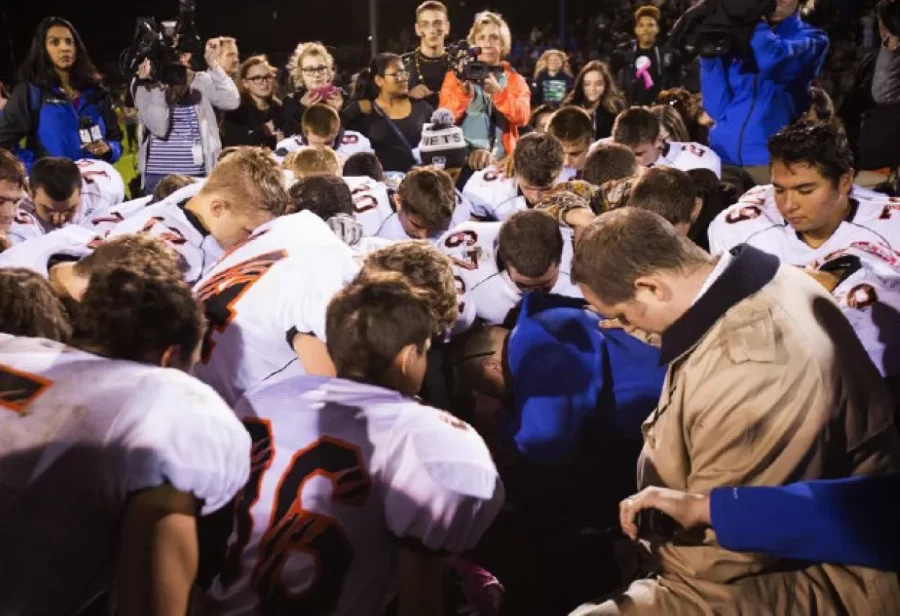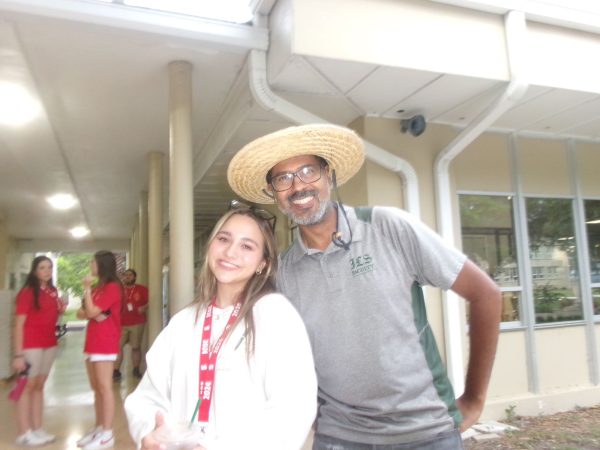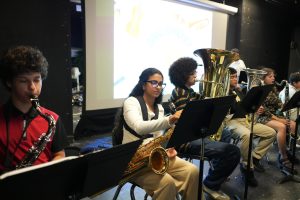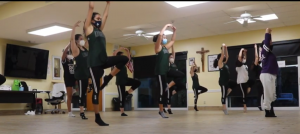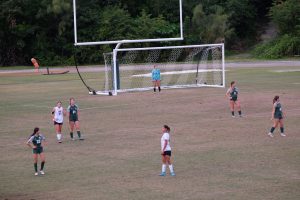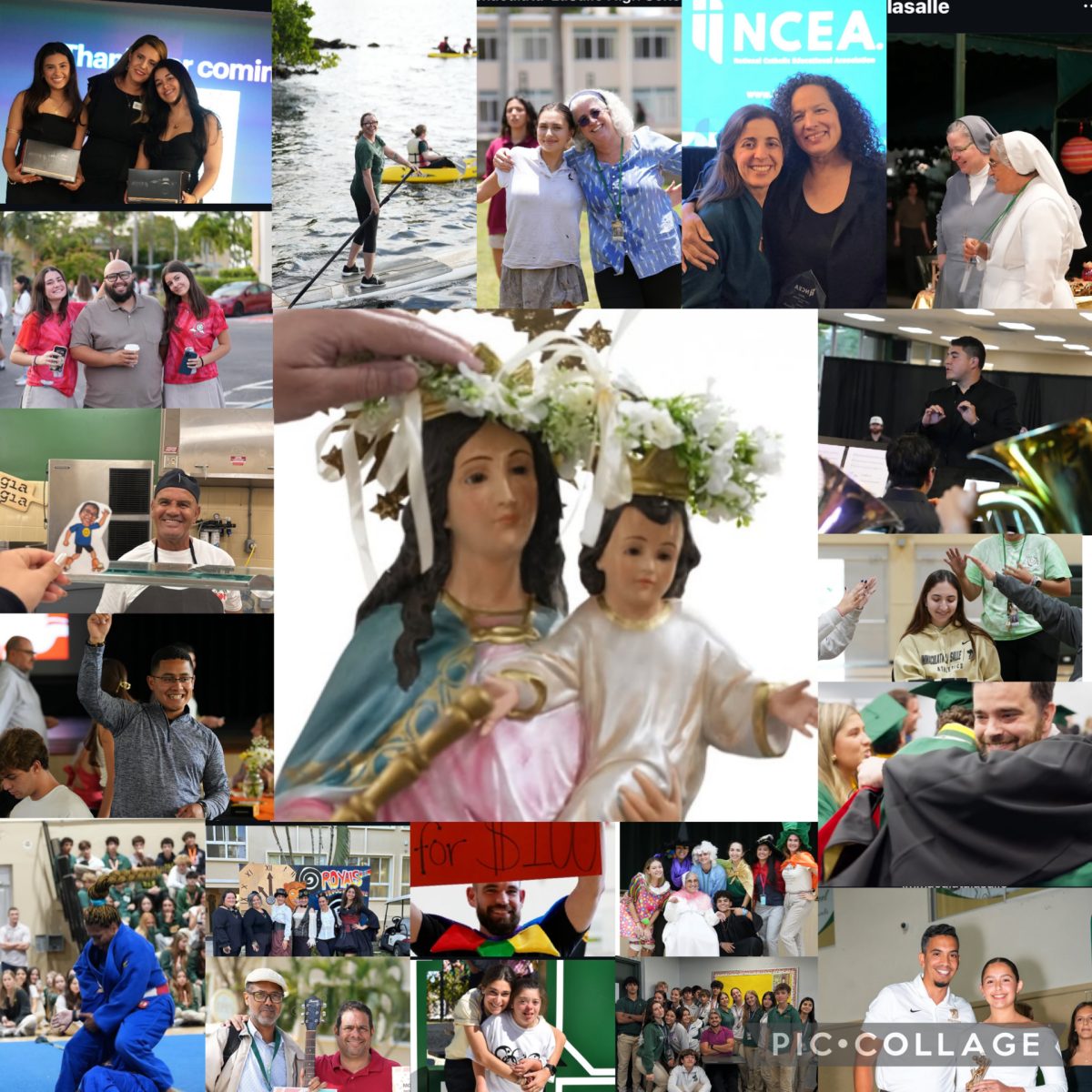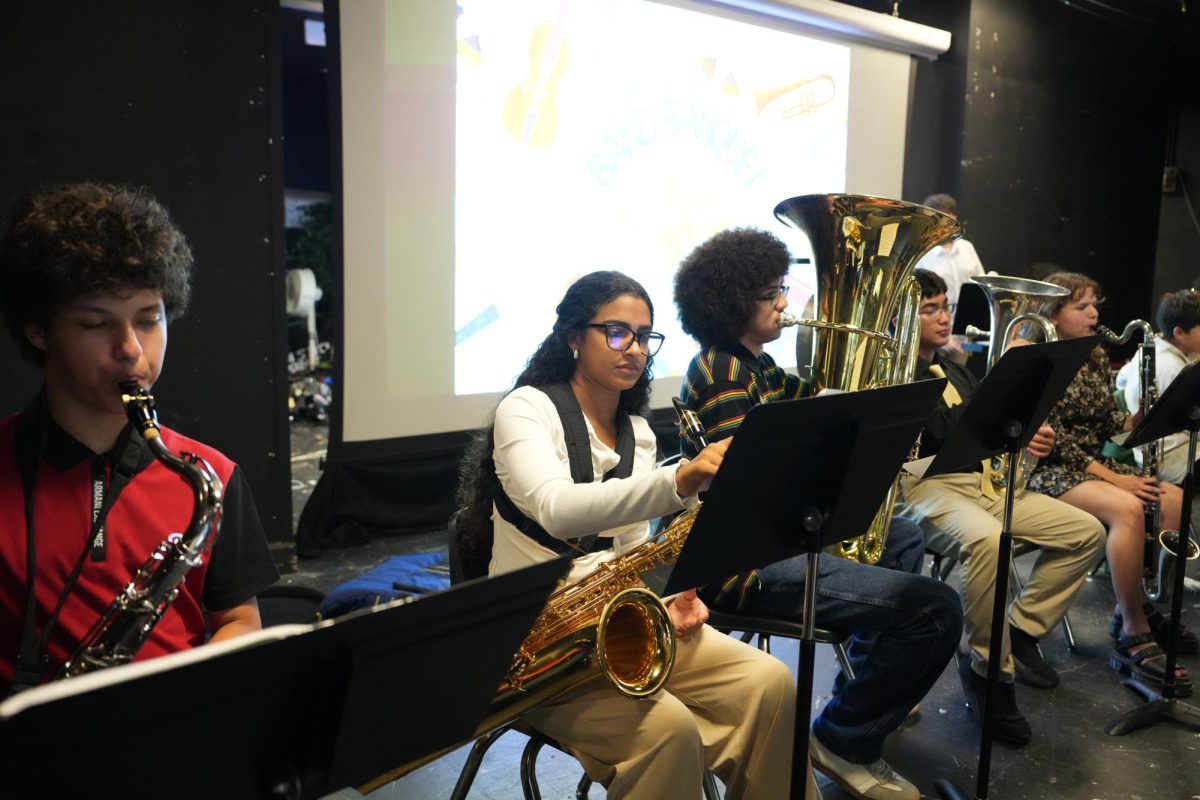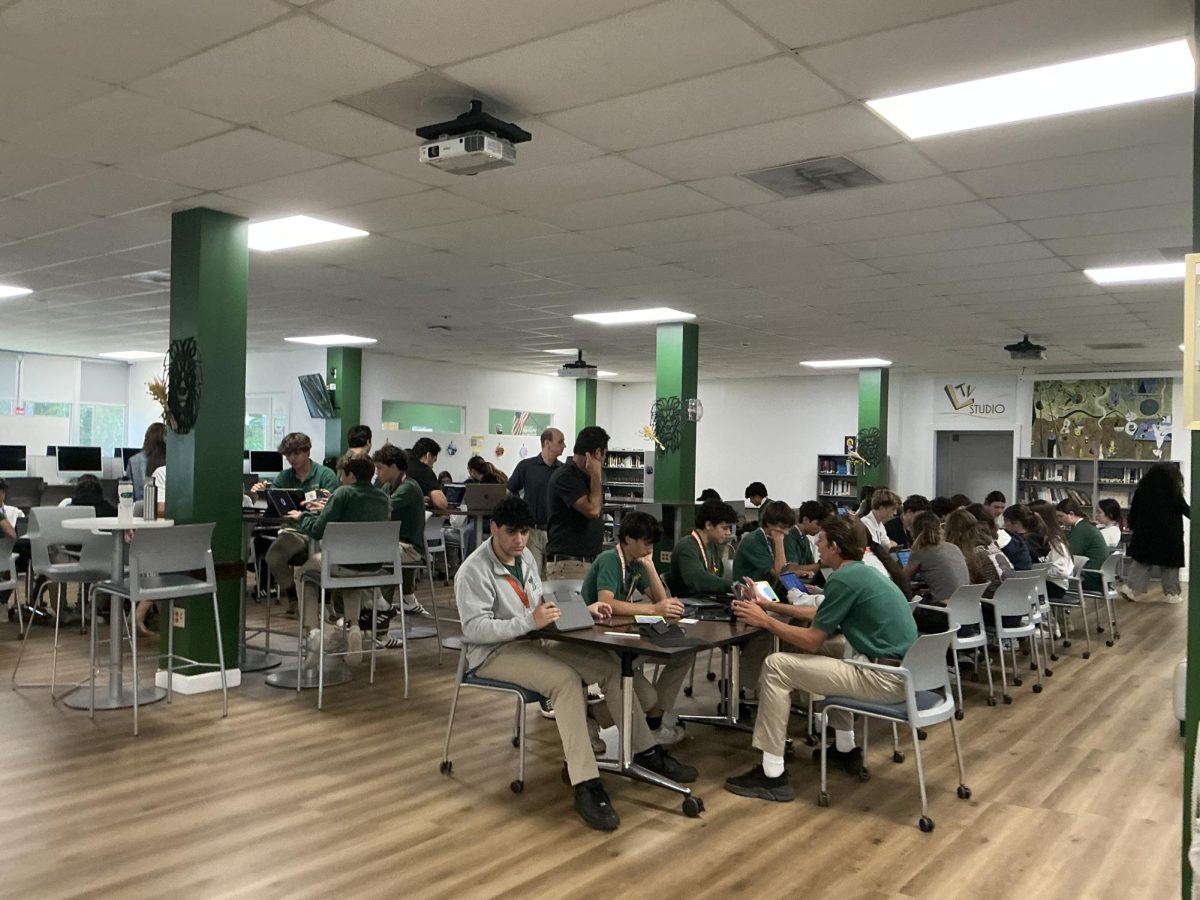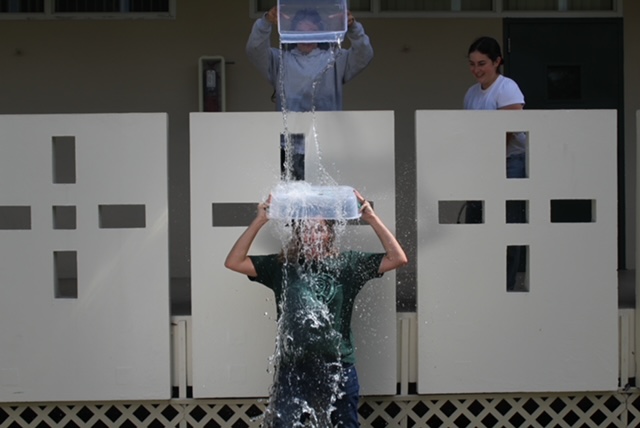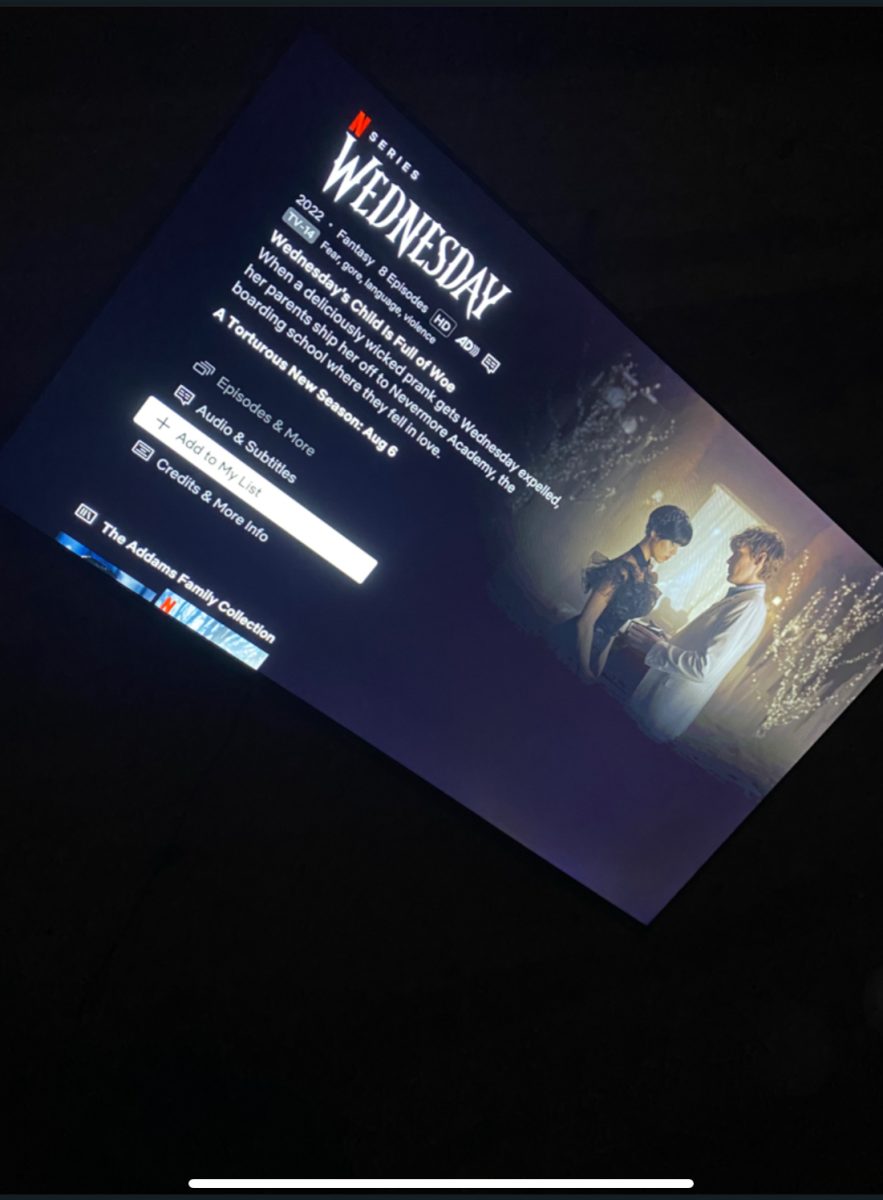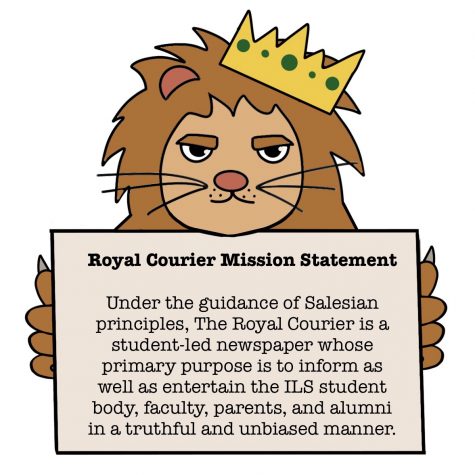Jesus in the Supreme Court
The parties included this image of Coach Kennedy, praying with the crowd after the homecoming game, in their joint appendix submitted to the Supreme Court.
May 2, 2022
As US citizens, we are entitled to First Amendment protections which guard our freedom of religion. How then can we separate religion from law?
To answer that question, observe the Supreme Court which is now faced with a case centered on a high school football coach from Washington state who sued stating that his rights were violated when he was told he couldn’t pray on the field after football games.
Mr. Joe Kennedy is the former assistant coach at Bremerton School. He started post-game prayers in 2008 and did it alone until some players and viewers showed interest and joined in.
The U.S. Supreme Court is now deciding whether the prayers were protected by the free speech and free exercise of religion clauses of the First Amendment.
The main issue is whether the Bremerton School District was allowed to regulate the coach’s religious expression because he was on the job as well as the case of any parents or students who might feel Coach Kennedy’s prayers would coerce participation. For the record, no student or parent ever complained about his practice.
“One of my problems in this case was the parties seem to have different views of the facts,” Justice Stephen G. Breyer said during the argument. “This may be a case about facts and not really much about law.”
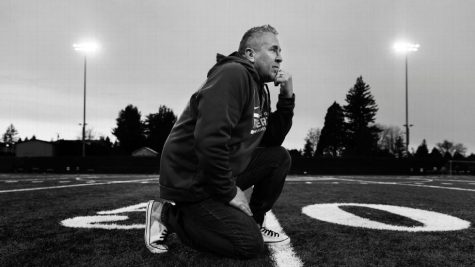
Justice Samuel A. Alito Jr. said, “Forget about all of the complicated facts of this case,” then offered a series of simpler hypotheticals, including a coach who prays on the 50-yard line without inviting attention, a coach who waves a Ukrainian flag to protest the Russian invasion, or a coach who kneels to make a statement about climate change or racial unrest.
Since the beginning of his high school coaching career, Kennedy would take a knee at the end of each game to say a prayer. Over time, others joined in not because they were asked by the coach, but because they wished to participate. By 2015, Kennedy was often joined at the 50-yard line by players from the opposing team. Consequentially, a comment by an opposing coach alerted school district officials to the practice.
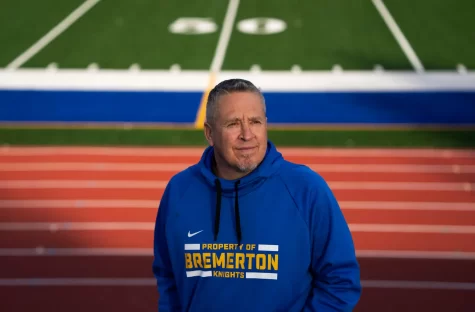
This comment prompted the athletic director, and later the superintendent, to order the coaching staff to stop praying with students. Kennedy stopped his locker room prayers completely, and started leaving and returning later when the crowds had gone, to pray by himself on the 50-yard line.
“I fought and defended the Constitution, and the thought of leaving the field of battle where the guys just played and having to go and hide my faith because it was uncomfortable to somebody — that’s just not America,” he said in an interview with NPR.
Later on, Kennedy embraced his newfound fame, making repeated media appearances going worldwide with his fight for religious expression and gratitude to God. He became the voice that guided all religious students at school to feel safer and supported.
But as events unfolded, “it was a zoo,” said John Polm, Bremerton High’s principal, describing the homecoming game during his deposition. Attendance doubled, five TV stations showed up, and a group of Satanists unsuccessfully attempted to take the field to perform their own competing ritual.
After the final whistle blew, a pro-prayer crowd took over the field, overcoming the extra security presence and knocking over some band members and cheerleaders. Surrounded by TV cameras and some players, Kennedy knelt to pray on the field while a state representative placed his hand on Kennedy’s shoulder in support.
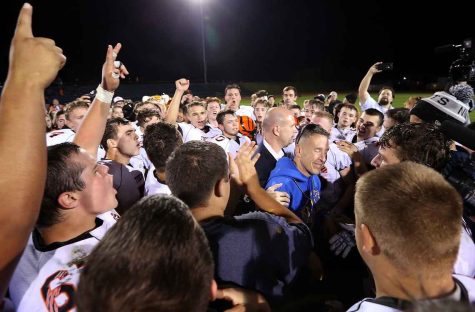
As humans, we hold on to faith with a strong grip. It’s a factor of our lives we will not give up because someone disagrees.
Coach Kennedy had to leave his job and is currently in the middle of a trial to determine his future employment status as well as leaving behind a precedent for future cases.
While the law does create certain limits for specific safety reasons, it should not restrict expression of personal beliefs.
Whenever Coach Joseph Kennedy closes his eyes or clasps his hands together to pray, God will hear him even if he prays silently and without kneeling. Kneeling was a public way to gather participants, some of whom may have felt compelled to join in, in order to feel a part of the team. Kneeling might make him feel closer to God and his devotion.
He inspired children all over the world to love their religion and serve as an example for others that no matter what others think, say, or do, your freedom of speech, religion, assembly, petition, and press, will never be taken away.


